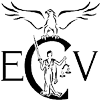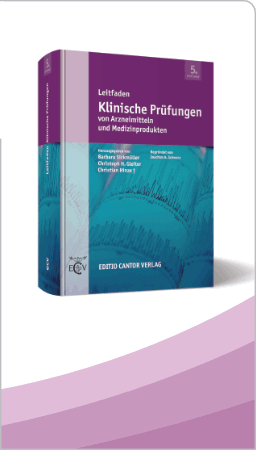| Clinical Data Interchange Standards Consortium - Goals, Mission, Accomplishments Rebecca Daniels Kusha and Udo Siegmannb Clinical Data Interchange Standards Consortiuma, Austin (Texas, USA), and PAREXELb, Berlin (Germany)
The Clinical Data Interchange Standards Consortium (CDISC) is developing industry-wide standards to facilitate the acquisition, exchange, submission and archive of electronic clinical data for the biopharmaceutical product development industry. Long-term desired outcomes of CDISC are:
• A holistic approach to standards, facilitating data interchange from sites through regulatory submission, utilizing XML;
• Standards for data acquisition supporting the population of cross-trial warehouses and standard review tools;
• HL7- (Health Level 7) CDISC models harmonized to yield value for both clinical research and healthcare, thus supporting the electronic sharing of information between health records and clinical trials;
• Global adoption of CDISC data standards.
Four CDISC standards are now available: Operational Data Model (ODM) Version 1.2; Laboratory Data Standards (LAB) Version 1.0.1; Submission Data Standard (SDS) Version 3; and a set of Analysis Dataset Models. The first two are focused on data acquisition and the last two on data submission and review. The primary activities of the CDISC volunteer modeling teams, at this point, are directed towards stabilizing and ensuring interoperability among these CDISC standards, themselves, and with the healthcare data standard (Reference Information Model) developed through HL7.
CDISC has a formal relationship with HL7 and collaborates directly with HL7 and FDA and other interested groups through the Regulated Clinical Research Information Management (RCRIM) Technical Committee. There are additional standards being developed and accredited through the RCRIM, including Submission Data Standards for
• animal data,
• product stability data,
• clinical trial protocol representation standards,
• ECG waveform standards.
A key opportunity recognized for CDISC and HL7 is to be able to develop common informatics platforms for the improved sharing of clinical research data and healthcare data. Such standards would improve processes for all involved with clinical research - clinicians and investigators, biopharmaceutical industry stakeholders and regulatory reviewers.
Key words Clinical Data Interchange Standards Consortium • Clinical data management |




